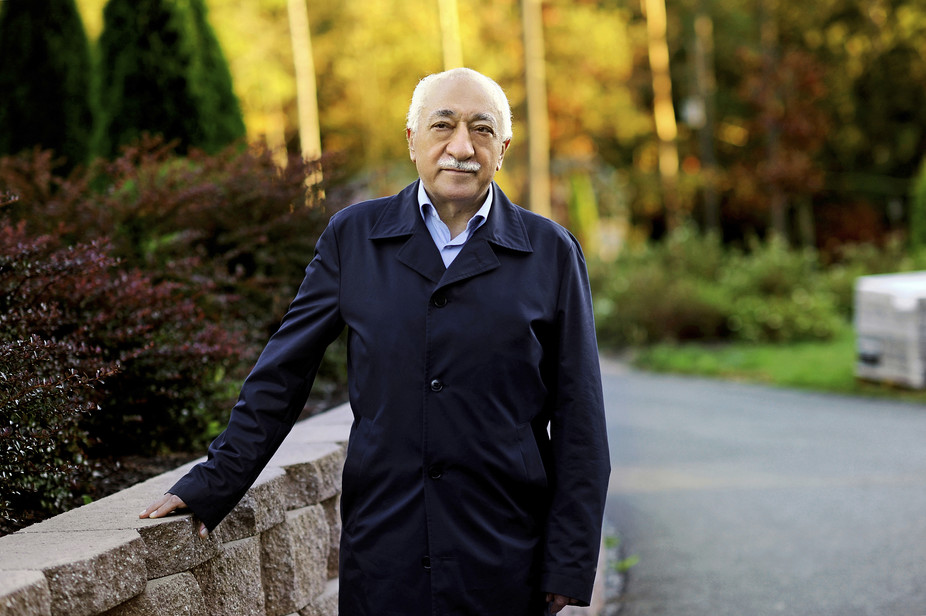Ankara- Allegations on spying activities practiced by some Turks, who belong to Turkish-Islamic Union for Religious Affairs (DITIB) and other unions and associations in Germany and Austria, have opened a new door for tension with Ankara.
DITIB is Germany’s largest Islamic umbrella group with over 900 mosques tied to the Turkish government’s Directorate of Religion, or Diyanet.
German officials not only issued statements about activities practiced by some Turkish people, especially imams sent by DITIB, but also started judicial investigations.
The imams have allegedly collected information across Europe on supporters of the religious movement Ankara blames for last July’s failed coup attempt.
German police on Wednesday raided the homes of four imams alleged to have spied on the opposition for the Turkish government.
The Federal Prosecutors Office (GBA) said in a statement no arrests were made in the raids in the states of North Rhine-Westphalia (NRW) and Rhineland-Pfalz, which aimed to collect evidence into imams conducting alleged espionage against supporters of U.S.-based preacher Fethullah Gulen.
The prosecutor’s office said the raids were carried out as a result of a September order from Diyanet, a religious body tied to the Turkish premiership, for imams to pass information to diplomatic missions on Gulen supporters.
Chief of the Turkish Presidency of Religious Affairs Mehmet Gormez said Turkish authorities had acknowledged that six imams had “exceeded their authorities” and were called back to Turkey in order not to harm relations with Germany.
Gormez blamed “internal” political concerns for the raids, which he said were conducted despite the fact that the imams had returned to Turkey.
He rejected accusations that the clerics were engaged in spying or any other illegal activity.
Foreign Minister Mevlut Cavusoglu criticized Germany on Friday saying that the country has become a safe haven for PKK members, as well as for followers of the Gulenist Terror Group (FETÖ).
Speaking to reporters at the G20 Summit of Foreign Ministers in the German city of Bonn, Cavusoglu said Ankara’s concerns over the FETÖ members in Germany have been expressed to German authorities at every opportunity.
“It is not acceptable that they have found a place for themselves in a country like Germany.”
For his part, Turkish Justice Minister Bekir Bozdag condemned on Thursday the raids and accused Berlin of acting indirectly under the influence of the Gulen movement.
He said the investigation into the alleged spying showed how easily Germany “believes the allegations of terrorists.”
In a common matter, an Austrian opposition lawmaker accused Turkey of operating an informer network via its embassy in Vienna that he said targets critics of President Recep Tayyip Erdogan, promotes his policies and receives payments from Ankara.
Peter Pilz, from the Austrian Greens, said he sent documents to the police detailing the activities of the ATIB, an umbrella organization headed by the religious attache at Turkey’s embassy that oversees dozens of mosques in Austria.
